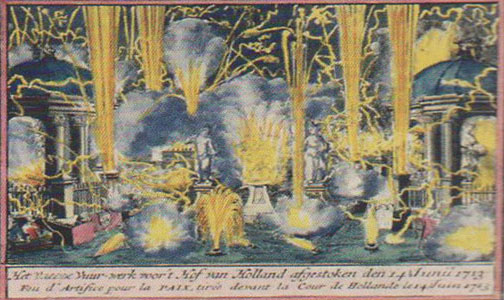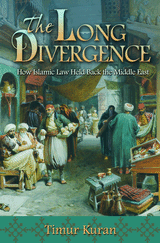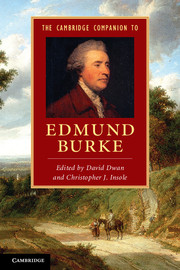Deadline for applications: 24 January 2013
CALL FOR APPLICATIONS
The Berlin-based Postdoctoral Program Rechtskulturen: Confrontations beyond Comparison invites scholars to apply for seven postdoctoral fellowships for the academic year 2013/2014.
THE PROGRAM
Rechtskulturen (‘legal cultures’) is a Berlin-based postdoctoral research program which is designed to explore the law in new and innovative ways. We intend to create a space of reflection and communication where fundamental and salient questions of the law and its context(s) can be re-negotiated from a variety of disciplinary and regional perspectives, and re-connected with jurisprudence and legal methodology.
(...)
CANDIDATES
Applicants should be at the postdoctoral level and should have obtained their doctorate within the last five years before their application to the program. We welcome candidates with various disciplinary backgrounds, such as the field of legal studies, sociology, political science, philosophy, history, anthropology, theology, and area studies, representing a broad range of diverse approaches to the law, including gender studies, comparative research, law & literature, critical legal studies, administrative sciences, transitional justice, postcolonial theory, and legal philosophy and theory. In particular, we encourage applicants with a firm disciplinary background in law to engage in reflexive and transdisciplinary research.
For the academic year 2013/2014, we welcome in particular applicants interested in the law’s place in systems of knowledge and knowledge production (e.g. its relation to science, theology, philosophy, philology), in legal methodologies, in the law as a professional field, and in law in professional practices. We strongly encourage applications from scholars analyzing the law in various cultural contexts, engaging with confrontations beyond comparison.
(...)
FELLOWSHIPS
Fellowships begin on 1 October, 2013 and will end on 31 July, 2014. Postdoctoral fellows will receive a monthly stipend of € 2,500 plus supplements depending on their personal situation. Organizational support regarding visa, insurances, housing, etc. will be provided.
Successful applicants will be fellows of the project Rechtskulturen at the Forum Transregionale Studien and Associate Members of Humboldt University Law School. Through this association, they will be integrated into the Law School and will have access to the academic milieu of a leading German university as well as to libraries and other research facilities.
APPLICATION PROCEDURE
To apply, please make use of our web-based electronic application procedure that will be open for applications from 10 January 2013 to 24 January 2013 (24:00, CET), see
www.rechtskulturen.de/en/call-for-applications.html
(...)
| Contact: | Alexandra Kemmerer
rechtskulturen
@trafo-berlin.de
rechtskulturen
@trafo-berlin.de |
| |
MORE INFORMATION
HERE























